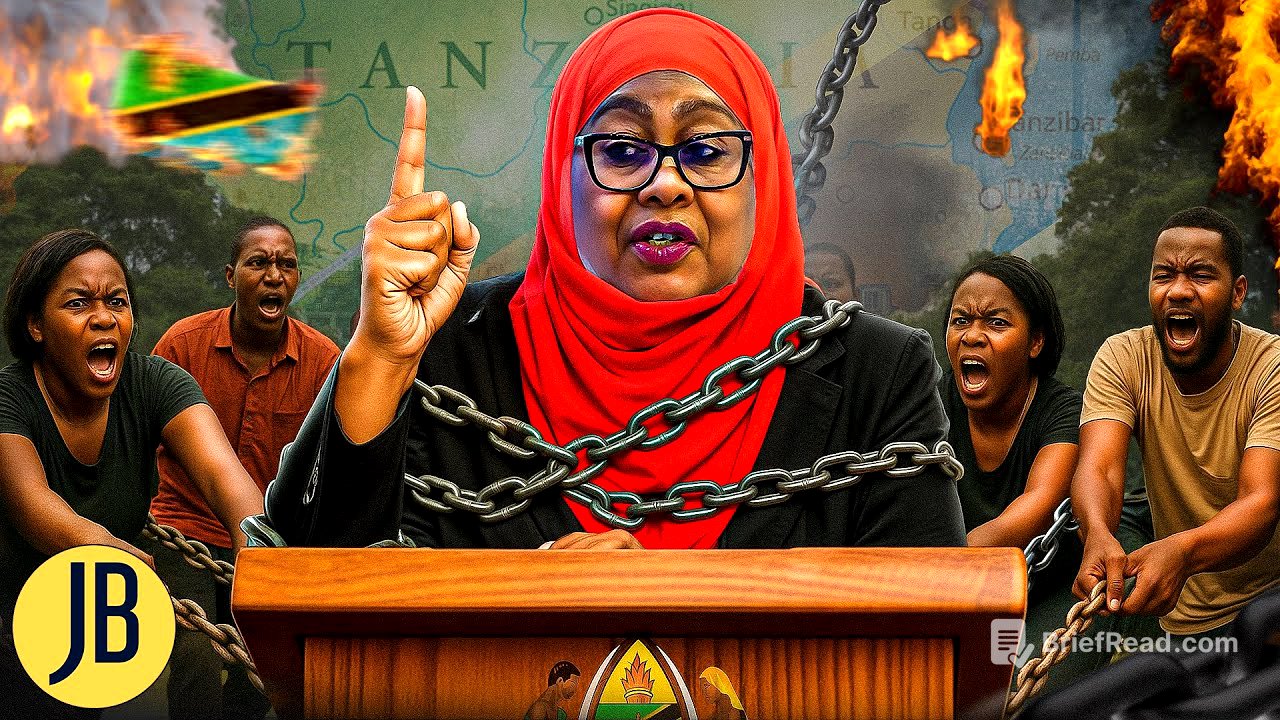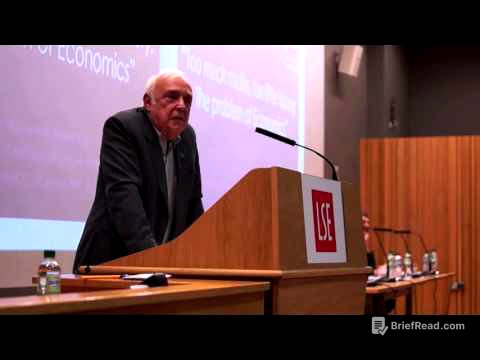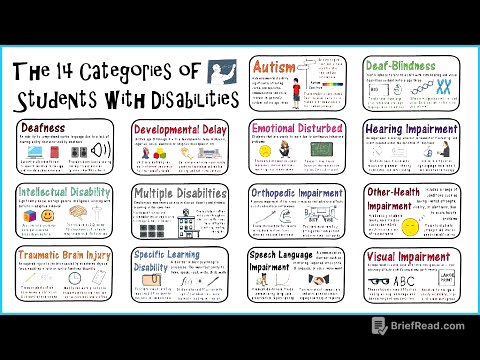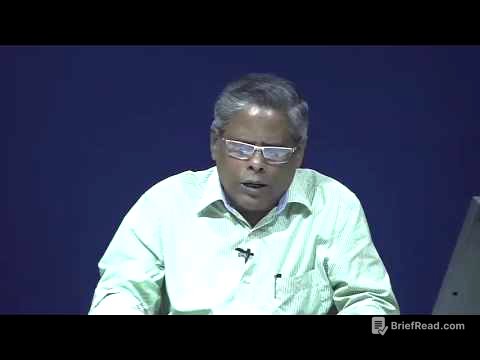TLDR;
This video examines the political turmoil in Tanzania, focusing on President Samia Suluhu Hassan's shift from a perceived reformer to an authoritarian leader. It explores the protests against her government, the suppression of opposition, and the broader implications for democracy in East Africa. The video also touches on the geopolitical interests at play, with China, India, and Western powers vying for influence in the region.
- Samia Suluhu Hassan's transition from reformer to authoritarian leader.
- Suppression of opposition and democratic processes.
- Geopolitical interests of China, India, and Western powers in Tanzania.
- Impact of the crisis on regional stability and youth movements.
Introduction: Tanzania's Unravelling Democracy [0:00]
The video opens with a scene of unrest in Dar es Salaam, Tanzania, on October 29, 2025, depicting burning vehicles and protesters chanting against President Samia Suluhu Hassan. It highlights the stark contrast between the government's claims and the opposition's allegations regarding casualties, illustrating a deep crisis. The video aims to explore the reasons behind the protests, the identity of the protesters, and the factors contributing to the perceived democratic backsliding under President Hassan's rule.
Tanzania: A History of Stability and the Ruling Party [3:23]
Tanzania, home to 67 million people and East Africa's second-largest economy, has historically been known for its stability, surviving the Cold War without civil conflict and hosting Nelson Mandela during his exile. However, this stability has been maintained for 64 years by Chama Cha Mapinduzi (CCM), the ruling party since independence in 1961. The video notes that CCM's long-standing dominance began to shift in 2021.
Samia Suluhu Hassan's Rise and Shift in Governance [4:18]
In March 2021, Samia Suluhu Hassan became Tanzania's first female president after the sudden death of her predecessor, John Magufuli. Initially, she was seen as a reformer, implementing COVID-19 vaccines, lifting media bans, releasing political prisoners, and allowing political rallies. However, by mid-2023, her governance began to shift, with the reinstatement of Magufuli-era hardliners, frequent cabinet reshuffles, and the dismissal of ministers advocating for political openness. The appointment of Paul Makonda, sanctioned for human rights violations, further indicated a narrowing of democratic space.
The Disqualification of Opposition and the 2025 Elections [7:09]
Leading up to the October 2025 elections, President Hassan faced 16 candidates, none of whom posed a significant challenge due to lack of resources and recognition. Notably absent was Chadema, the main opposition party, which had been disqualified for refusing to sign an electoral code of conduct they deemed rigged. Tundu Lissu, Chadema's chairman, was arrested and charged with high treason for calling for electoral reforms. Another candidate, Lohassa Mina, was also disqualified despite a high court ruling in his favour. Freedom House downgraded Tanzania's status to "not free" in 2024, highlighting the dismantling of political competition under Hassan's leadership.
Systematic Elimination of Opposition [11:00]
The video details a series of events leading up to the election, suggesting a systematic effort to eliminate opposition. Tundu Lissu's arrest for advocating electoral reforms was followed by Chadema's disqualification. A wave of disappearances targeted opposition activists, including Don Gipana, Jeison Shauri, and Jacob Godwin. The murder of Ali Muhammad Kibao, a senior Chadema member, further underscored the brutality. The UN documented over 200 cases of enforced disappearances since 2019, with a sharp increase under Hassan's presidency.
Purge Beyond Opposition and Climate of Fear [15:32]
The purge extended beyond opposition members, as demonstrated by the disappearance of Humphrey Herron Polle Polle, a former CCM stalwart who had criticised Hassan's government. His abduction, along with the earlier abduction of his sister, sent a chilling message that even loyal party members were not safe from retribution. Authorities arrested hundreds of Chadema supporters, preempting any demonstrations and creating a climate of fear that led to self-censorship among ordinary citizens.
The 2025 Election and Resulting Protests [18:24]
By the time voting began on October 29, 2025, Tanzania's opposition had been effectively decapitated, with leaders jailed or missing, and party structures banned. The election, marked by low turnout, particularly among the youth, was seen as fixed. Protests erupted in Dar es Salaam and other cities, with demonstrators blocking roads, vandalising polling stations, and chanting against President Hassan. Security forces responded with tear gas and live ammunition, leading to further chaos and violence.
Government Response and Information Blackout [20:43]
The government declared a curfew in Dar es Salaam and implemented a nationwide internet shutdown, restricting access to social media and cutting off foreign journalists. State media continued to broadcast provisional results showing Hassan winning by commanding majorities. The military was deployed, with General Jacob John Ukunda characterising protesters as criminals. International flights were cancelled, and the US embassy issued a shelter-in-place order.
Conflicting Reports and the Truth as a Casualty [23:28]
Conflicting reports emerged regarding the death toll, with Chadema claiming approximately 700 deaths, while the UN reported at least 10. Amnesty International documented at least 100 fatalities, and diplomatic sources indicated dozens. The Tanzanian government remained silent, failing to acknowledge the deaths or address the violence. The information blackout and censorship meant that the truth became the first casualty of the crisis, making it impossible to hold perpetrators accountable or provide justice for victims' families.
Regional Implications and Youth Movements [26:04]
The crisis in Tanzania has broader implications for the East African region, where a significant portion of the population is under 30. Youth movements in Kenya, Uganda, Mozambique, and Madagascar have demonstrated a desire for change and accountability from their leaders. The success or failure of the protests in Tanzania will send a message to young people across the region about whether resistance works and whether democracy can be reclaimed.
Geopolitical Interests and International Relations [31:35]
Great powers are closely monitoring the situation in Tanzania, with China having invested heavily in the country as a key node in its Belt and Road Initiative. India seeks to counter Chinese influence through its security and growth vision. Western powers, despite a retreat from global democracy promotion, have shown awareness that Tanzania's democratic collapse threatens their interests. The African Union and the Southern African Development Community have remained silent.
Who Benefits? [35:54]
The video concludes by examining who benefits from Hassan's fall or consolidation of power. Opposition parties, youth democracy movements, civil society organisations, and foreign businesses stand to gain if Hassan falls. Conversely, CCM elites, security personnel involved in human rights abuses, and potentially China benefit if Hassan consolidates her power. Ultimately, the most important constituency is the ordinary Tanzanians, whose future depends on whether they live in a democracy or a dictatorship.









